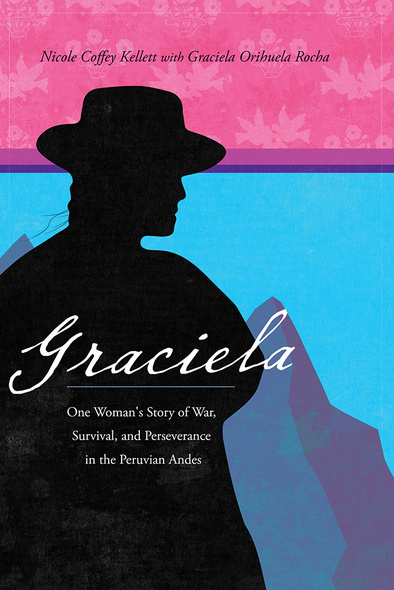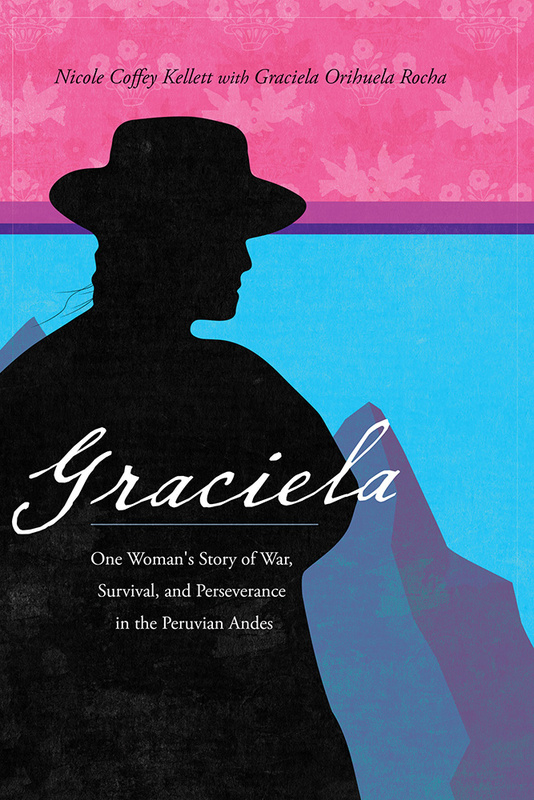
Graciela
One Woman's Story of War, Survival, and Perseverance in the Peruvian Andes
Graciela chronicles the life of a Quechua-speaking Indigenous woman in the remote Andean highlands during the war in Peru that killed seventy thousand people and displaced hundreds of thousands more in the 1980s and 1990s. The book traces her early years as a young child living in an epicenter of violence to her contemporary life as a postwar survivor. Graciela Orihuela Rocha's history embodies the horrors, injustices, promises, and challenges faced by countless individuals who endured and survived the war. Her story provides intimate insights into deep-seated divisions within Peruvian society that center around skin color, gender, language, and ties to the land. These fault lines have endured to the present day, fostering discontent and violence in Peru.
Through Graciela's story we not only learn of trauma and dehumanization but also resilience, strength, and perseverance. Graciela's history provides insight into the systemic challenges of determining truth, implementing justice, and envisioning reconciliation in a country where calls for equality and justice remain unrealized for the most marginalized.
Graciela draws the reader into the life story of one rural Andean woman. Her experiences are marked by poverty, discrimination, marginalization, violence, and displacement as well as survival, love, and care. Graciela's is an inspiring and important story to tell, as the perspectives and lives of women such as hers are largely invisible and ignored. By telling this story, a little bit of symbolic justice is done, by witnessing, listening, and valuing the life she and her loved ones have lived and are living.'--Jelke Boesten, author of Sexual Violence during War and Peace: Gender, Power, and Post-Conflict Justice in Peru
Nicole Coffey Kellett is a professor of anthropology at the University of Maine at Farmington.
Graciela Orihuela Rocha is a mother, grandmother, and war survivor from Ayacucho, Peru.
List of Illustrations
Acknowledgments
Introduction. Graciela, the War, and Memory
Chapter One. A Time and Place of Tranquility
Chapter Two. Infiltration and Violence
Chapter Three. Living like Deer: Surviving on the Run
Chapter Four. Courtship and Capture
Chapter Five. Exploited Displacement
Chapter Six. Dislocated Motherhood in the Tropical Lowlands
Chapter Seven. An Altered Homecoming
Chapter Eight. Postwar Survival on the Margins
Conclusion. Remapping Personhood Postconflict
Notes
References
Index




